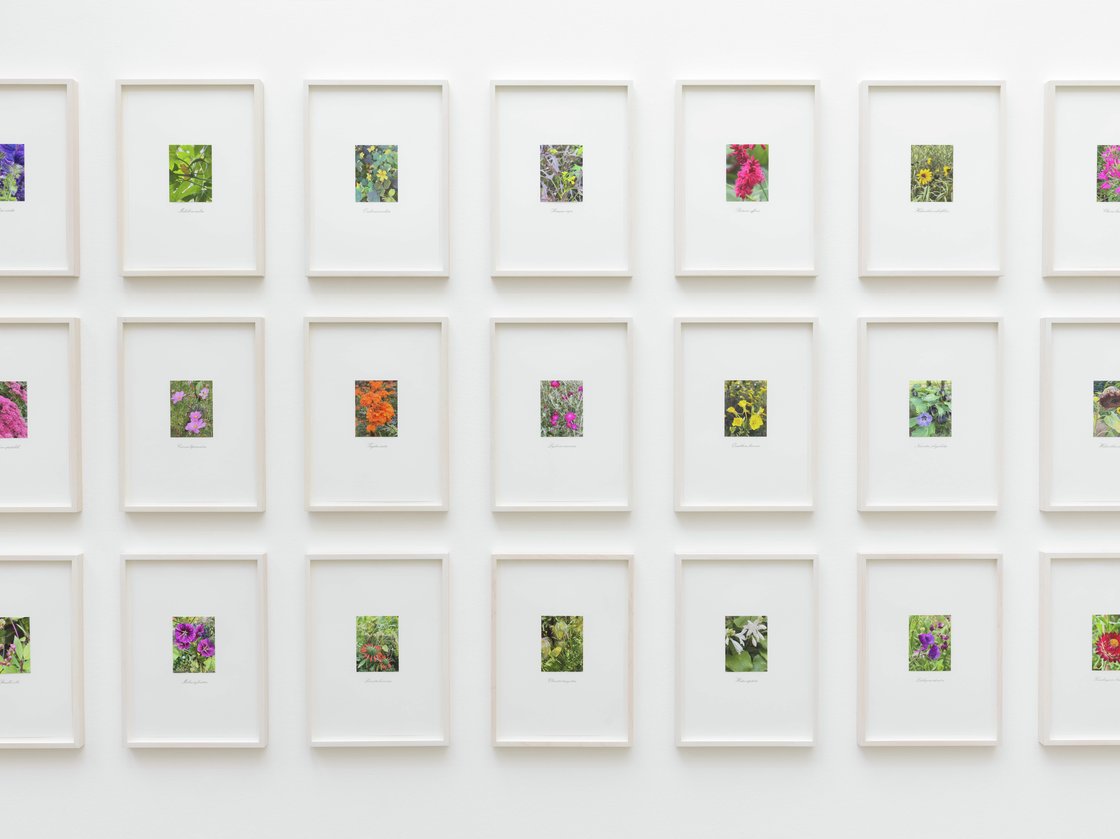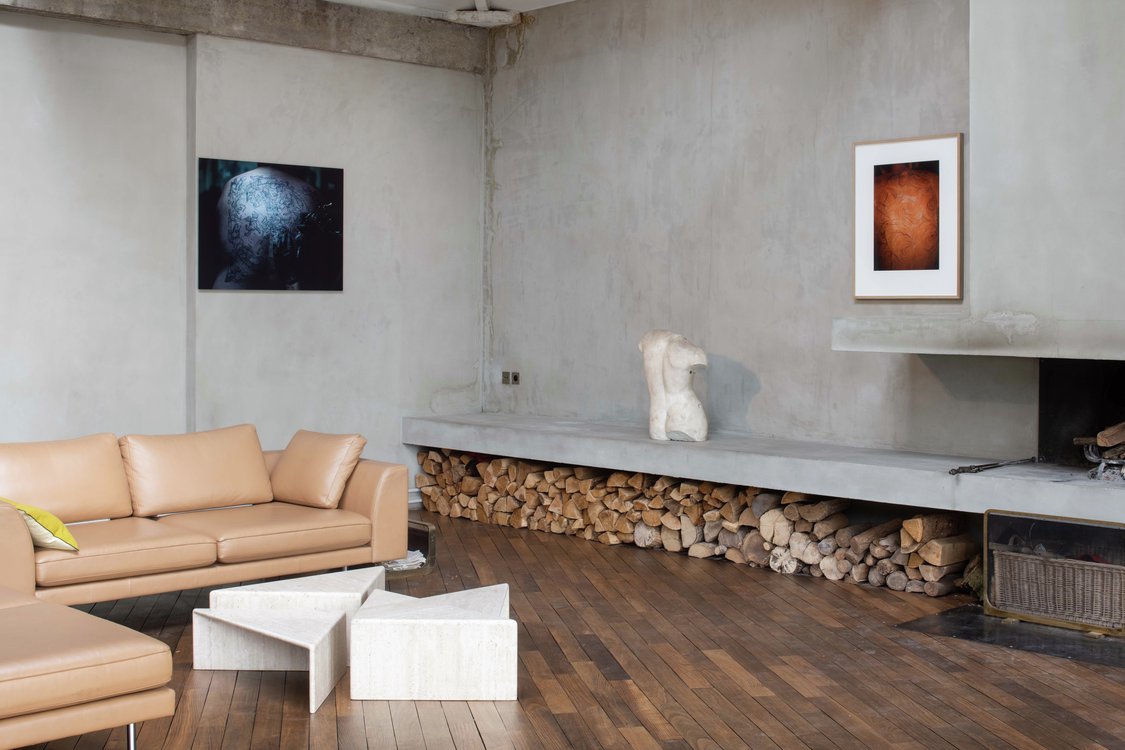The South London Gallery presents the first major solo exhibition in London by internationally-acclaimed Danish artist Danh Vo (b.1975, Bà Ria, Vietnam). The first solo show to span the SLG’s Main Gallery and Fire Station building, the project also includes siting an outdoor work on Pelican housing estate and the transformation of Art Block, the SLG’s permanent art space for children on Sceaux Gardens estate.
In untitled, Danh Vo explores how to exist within and navigate the present through a variety of working methods and across multiple spaces. He has engaged numerous collaborators to co-create work with him, from his father, friends, lover and professor, through to gallery technicians and a group of children from Sceaux Gardens visiting his Berlin farm. Vo’s work therefore becomes an expanding and diversifying series of experiments, questioning what happens if he brings one set of elements together, then another, and another. Rather than creating a pluralist landscape for its own sake, this approach is driven by a profound desire to sift through the embedded layers that inform our present. Power, history, eroticism, personal biography, imperial dissolution and globalist expansion are all in play. As such, the artist’s work embodies the shifting and precarious nature of contemporary life and imagines where it could lead if unbound from state institutions, social norms and grand humanist projects.
This exhibition continues Danh Vo’s largely conceptual practice, weaving together archival fragments and personal references. In the Main Gallery, Vo presents a series of gestural abstract paintings on mirror foil executed by his former professor at the Royal Danish Academy of Fine Arts, Peter Bonde. As a student, Vo was advised by Bonde to abandon painting; whilst Vo objected to what he perceived to be the macho excess of his tutor’s work. More recently, however, their relationship has shifted into new territory of mutual respect and creative collaboration, as expressed through Vo’s decision to foreground Bonde’s paintings in his SLG show, as well as in his presentation at the current Venice Biennale. The interweaving of personal alliances into the exhibition is continued in photographs taken by Vo’s lover, the German photographer Heinz Peter Knes, of Vo’s nephew and muse, Gustav; and through calligraphic renditions by Vo’s father and long-time collaborator, Phung Vo, using words spoken by Regan the demonically possessed child in The Exorcist (1973, William Friedkin). Past, present and biographical references are further enmeshed in sculptures combining fragments of Antique, Medieval and 19th - century marble statues held together with newly-made brass fittings, whilst daybeds from the Italian Enzo Mari’s (b.1930) instructions in his Autoprogettazione from the 1970s have been upholstered in textiles by the Danish designer Nana Ditzel (1923- 2005).
Beyond the gallery walls, Vo has sited a bright red metal Play sculpture (1975-6) by the Japanese-American sculptor, Isamu Noguchi (1904-88) on Pelican housing estate, where the SLG has a long-established relationship with residents. Without any protective barriers, the sculpture is not only a visual joy but also an open invitation to sit, climb, rest or play on it: it epitomises an ideal of freedom of expression, openness and hybridity. Noguchi (1904-88) considered hybridity to be the core of his identity, the method and subject of his work. He strove to create something universal through bringing together the natural and the manmade. His work is a guideline throughout Vo’s practice, and never more so than in the conception of this expansive exhibition.



















